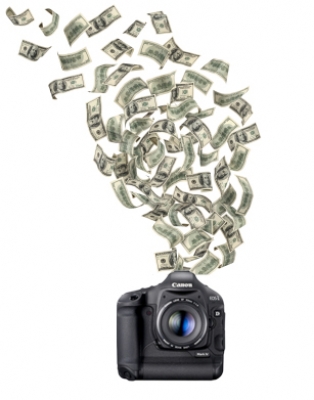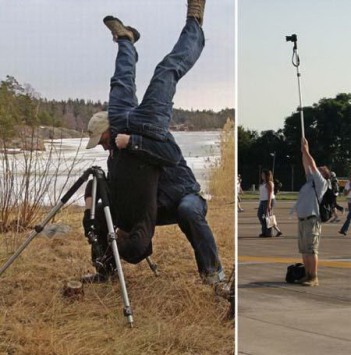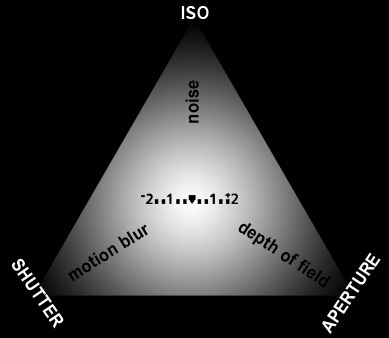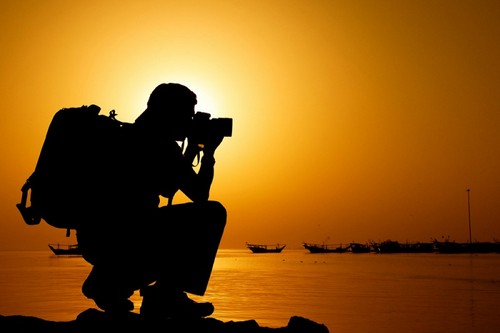
I often get questions from friends who are just starting their photography business about tips for setting their service fees. The follow are concepts and considerations that has an important role in determining pricings:
1. We entered into the business of photography to gain profit; if profit isn’t gained, then it’s only classified as a hobby.
So if you want to run a healthy business, profit is a must, i.e. income must be greater than expenditures. Often, photography hobbyists wanting to enter the business side of photography tends to not calculate for profit or worse, gain expenses when trying to land a job for fear that they wouldn’t get the job otherwise. This is what you should watch out for.
In addition, photographers often do not consider the hidden costs; such as the accumulated depreciation of equipment with prolonged wear (the decrease of worth of equipment due to damage and them being outdated over time), transportation costs, cost of photography education, accidental costs (such as equipment damage or lost), and other unexpected costs.
Before you start your photography business, you will first have to be able to calculate your spending and your revenue.
2. Do not compete with other photography business based on price.
There will always be a photographer who offers cheaper services. Instead, it is better to compete based on quality of product and services.
By offering good quality products, clients will not hesitate to pay a more expensive, deserving amount. Achieve the best quality of services so you are worthy of a more expensive price tag.
3. Count your services more towards the value, not the time.
Meaning: don’t use time/duration to determine your price. For example, you wouldn’t want to calculate your services by the following premise: $20 per hour, so if the service takes 10 hours, then the cost is 10 x $20 = $200.
For most clients, time is a valuable resource, so the sooner the better. So if you execute our services at a timely manner with high quality output products, then you should demand a higher fee.
For example, if a photographer who is paid $200 has a working duration of 10 hours, then if we are able to produce the same quality within an hour, we reserve the right to charge more than $200.
4. Determining prices and fees isn’t an exact science; so there really is no right or wrong.
There really isn’t any parameter as to how much you can reserve to charge your clients for your valuable services. May it be a mere $10 to a staggering $10.000 per session, it is fully up to you. No one has any right to stop you from charging as you see fit.
However, you have to convince your clients why you deserve the prices you are offering. After all, these clients are your source of income. Obviously without them, even if you set your prices at $100.000 a shoot, if there’s no one to purchase your products, you won’t gain any revenue. The level of your prices may be reasoned and explained with the reasons of high cost production, rarity in tools, the level of difficulty and risks, and quality photographs that can’t be matched by other photographers.
5. Finding the appropriate market (i.e. customers/clients)
Find prospective clients who appreciate the style or the specialization of your work in your photos. For example, if you are into wildlife photography, you should search for clients with a fair amount of wealth and love for their pets. If you are into black and white photography, find clients who are fans of black and white photos.
Initially, it will be quite difficult to find potential clients that appreciate your style. But over time, you will get regular clients who will continually seek your work. By looking for clients who appreciate your personal style of photography, your price tag will automatically be optimized, because the price is no longer the considered variable when they seek your photography services.
I hope this helps. Good luck and have fun starting your photography business.


















